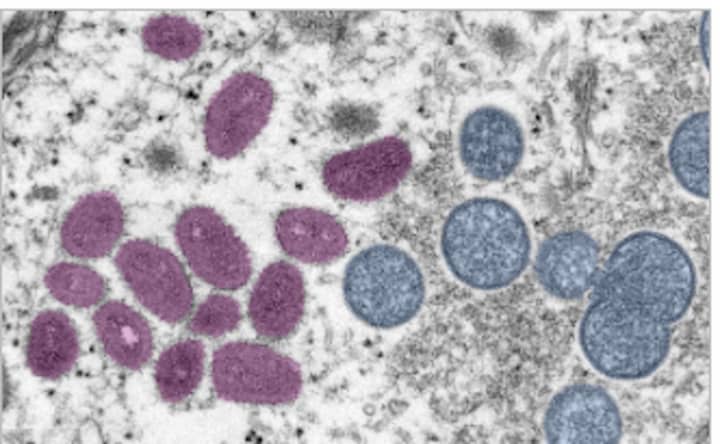The case was identified in Albany County by a person with a history of out-of-state travel, Albany County Executive Daniel McCoy announced Tuesday, July 19.
The infected person is not believed to have contracted the disease in Albany County, McCoy said.
As of Monday, July 18, there had been at least 651 confirmed cases of monkeypox identified throughout New York State, the vast majority of which were located in New York City, according to the Department of Health.
The first case outside of New York City was identified in Sullivan County on June 7. Additional cases have been found in Westchester, Suffolk, Nassau, Monroe, Erie, Chemung, Rockland, and St. Lawrence counties.
“As we learn more about this case of monkeypox and those around the state, now is not the time for alarm or panic,” McCoy said.
“Albany County has demonstrated our ability to deal with communicable infections in the past and we will bring that same focus and professionalism to this outbreak.
“We stand ready to work with the Governor and the State Department of Health to ensure we have the treatments, vaccines and response necessary to protect our residents," McCoy continued.
Health officials described monkeypox as a rare, viral infection that spreads through close, physical contact between people. It does not usually cause serious illness, but can result in hospitalization or death, especially if left untreated.
Symptoms of the illness include rashes, bumps, or blisters on or around the genitals or in other areas like your hands, feet, chest, or face. Patients may also experience flu-like symptoms, such as fever, headache, muscle aches, chills, and fatigue.
While anyone can contract monkeypox, health officials said certain groups may face a heightened risk for developing severe illness, including those with weakened immune systems, young children under 8 years of age, the elderly, and pregnant people.
Experts said people can help protect themselves by taking simple steps like asking sexual partners whether they have a rash or other symptoms consistent with monkeypox, and avoiding physical contact with those who do.
Officials said it’s also important to seek medical treatment if you’ve been exposed to the virus or experience symptoms.
Click here to follow Daily Voice Capital District and receive free news updates.


